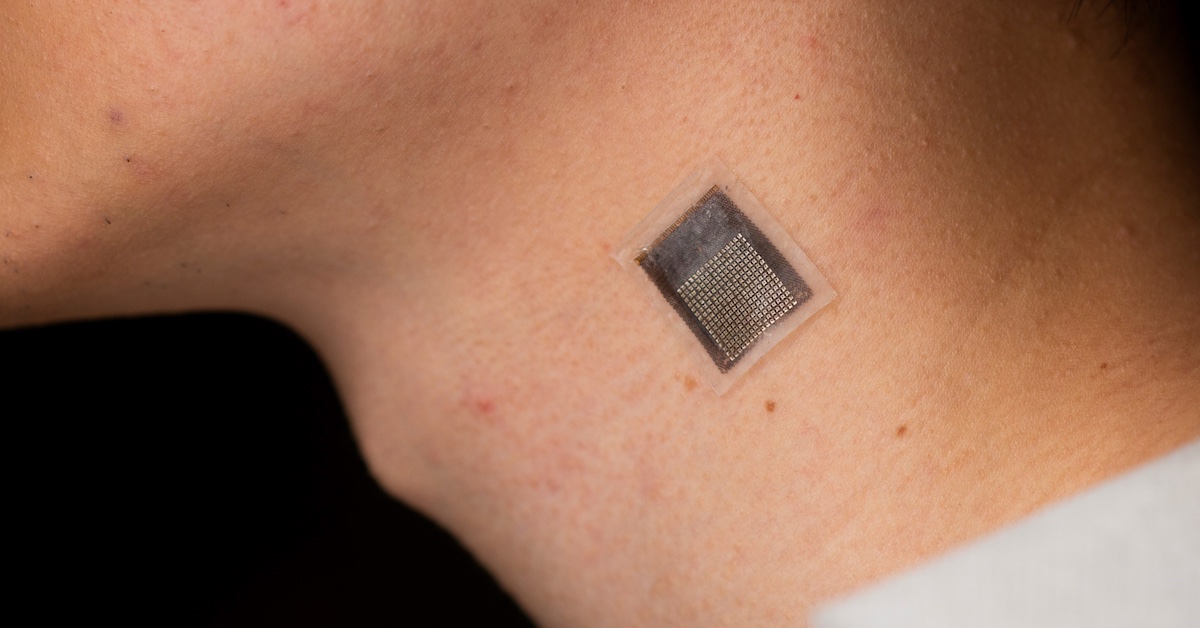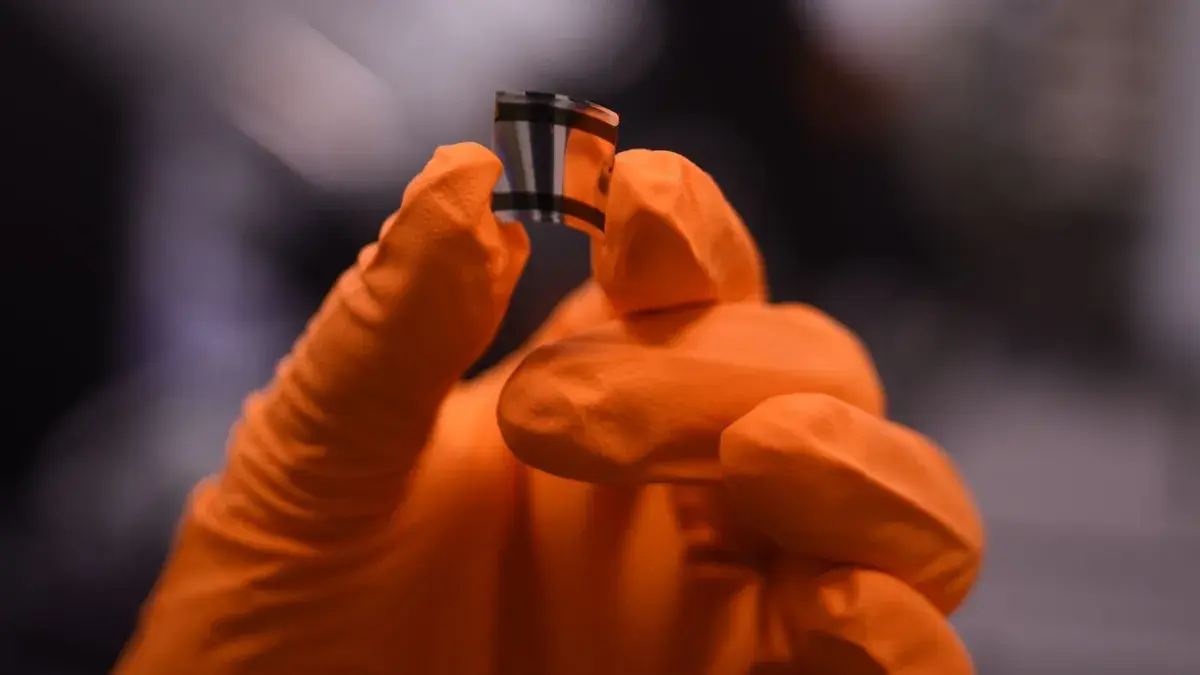Innovations in wearable technology are providing more and more solutions to transform healthcare. These non-invasive and autonomous tiny devices can transform healthcare.
Now, engineers at the University of California San Diego have developed a thin and flexible sweat sensor that can provide continuous 3D deep-tissue monitoring of humans.
The tiny sensor provides three-dimensional imaging of tissues as deep as four centimeters below the surface of human skin at a spatial resolution of 0.5 millimeters.
“We invented a wearable device that can frequently evaluate the stiffness of human tissue,” said Hongjie Hu, a postdoctoral researcher in the Xu group and study co-author.
He added, “In particular, we integrated an array of ultrasound elements into a soft elastomer matrix and used wavy serpentine stretchable electrodes to connect these elements, enabling the device to conform to human skin for serial assessment of tissue stiffness.”
The device shows great potential in close monitoring of high-risk diseases, enabling timely interventions.
The technology could be used for several key applications, including medical research, where it could provide essential data on the progression of diseases such as cancer, which normally causes cells to stiffen. It could also be used to monitor muscles, tendons, and ligaments to help diagnose and treat sports injuries in athletes.
It could also help assess the efficacy and delivery of medications in treatments for liver and cardiovascular illnesses, as well as certain chemotherapy agents, which may affect tissue stiffness.







